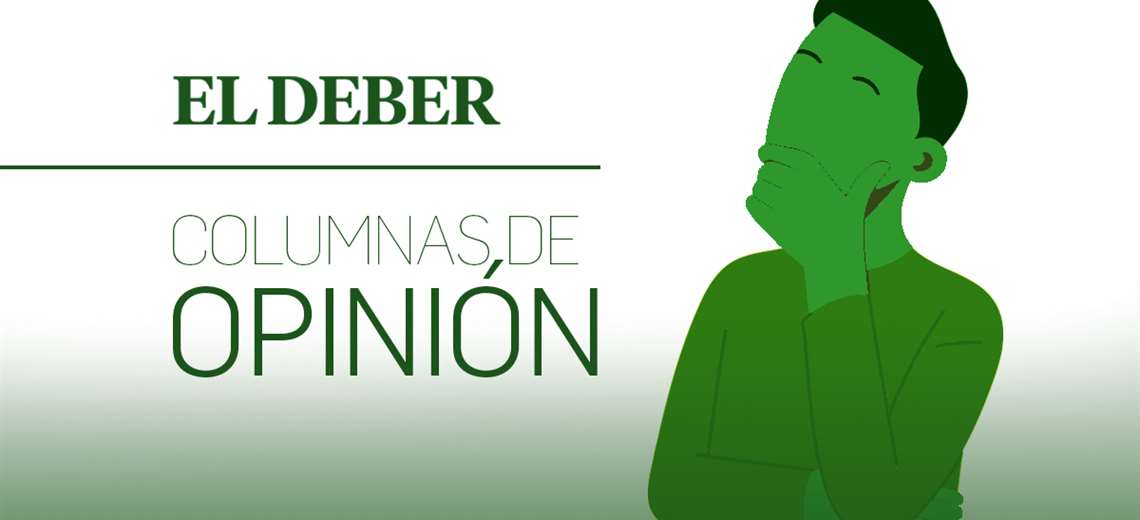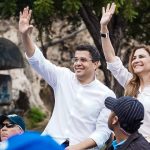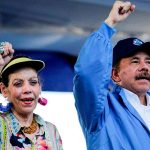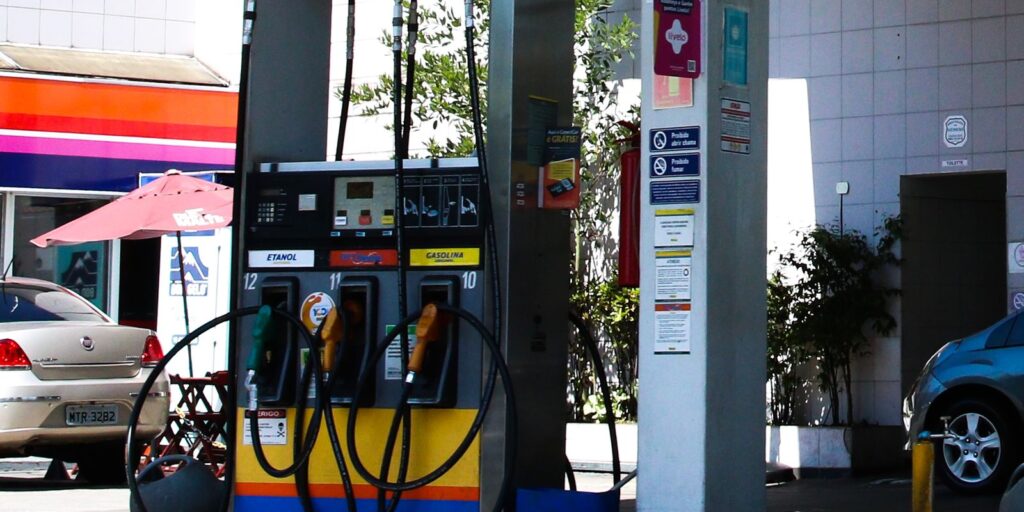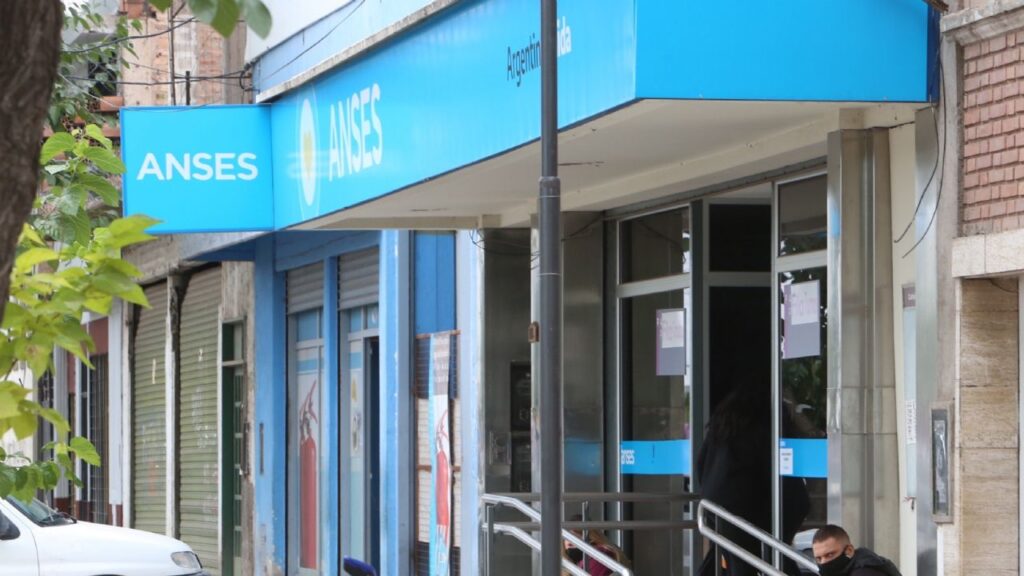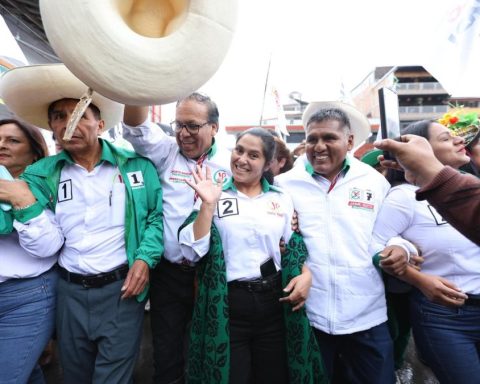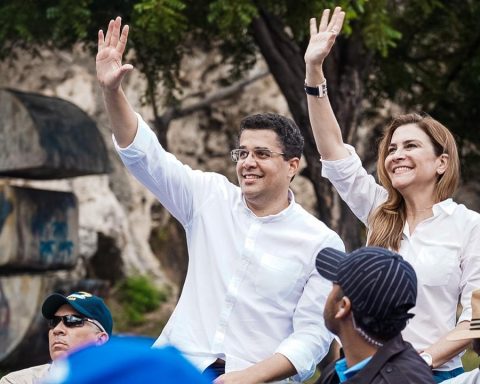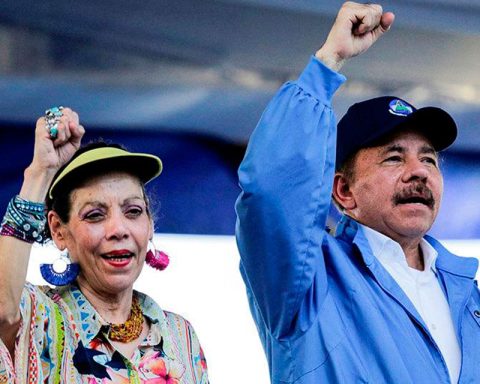The threat of the President of Russia, Vladimir Putin, to occupy Ukraine militarily has to do with his conviction that this land is a Russian security area, for which he cannot accept that the US and Europe have a presence in that country, much less , to join NATO.
Until now, we have witnessed a harsh exchange of threats, accompanied by military mobilizations, but also by announcements about the predisposition to accept that the diplomatic channels of negotiation work. In this dangerous state of affairs, there is a widespread perception among international analysts that a confrontation could be avoided, both because Russia has not yet regained the military and economic power that would allow it to carry out and maintain a military intervention in Ukraine, and Europe, that it needs for various reasons, especially economic, to maintain a fluid relationship with Russia and, it should be noted, the conviction that adding a war to the current economic and health crisis would have unpredictable consequences.
This is an issue that will have long-term repercussions because, moreover, it is part of the profound changes that the world is undergoing as a result of the technological revolution, globalization and the emergence of new demands and visions. Given this complexity, I reproduce below parts of a final analysis by Fernando Mires on this conflict that shows the many edges it has, one of which is the role of the main actor in this drama: Vladimir Putin.
According to the analyst, the Russian president “has created a system of alliances (…) based on the principle of adherence to the nationalist myth. This explains why Putin can enter into friendly relations with all the European nationalist forces that are against the EU, be they from the far right or the far left (…) Following this doctrine, he has managed to create (…) a sui generis ‘internationalism of the nationalists ‘”.
In addition, “he has understood that nationalism and democracy are two mutually exclusive terms, he has not hesitated to raise an open anti-democratic discourse (…) he has declared an open war on democracy in all its forms. For the autocrat, democracy, especially the so-called liberal one, has been superseded by history. As successors, national and nationalist autocracies will emerge, based on a unitary relationship between people and caudillo. At that point Putin is evidently closer to the old fascists than to the communists who preceded him.
Along this route, “it has known how to radicalize (…) an open and declared anti-liberalism (political, not economic). This explains why he has managed to establish relations of political empathy with nationalist and anti-democratic dictatorships such as those in al-Hassad’s Syria, with the Polish and Hungarian autocracies, with Erdogan’s Turkey, with that Latin American anti-democratic trio formed by Díaz-Canel, Maduro and Ortega, and in the US itself, with the Trumpist movement.”
Finally, Mires argues that “not understanding the characteristics of the new imperial threat represented by Putin largely explains the inability of European governments to face the dangers that hang over the continent. For most of them, using diplomatic rules, it will always be possible to agree on decisive points with Putin and thus avoid a military conflagration. They err. What they fail to understand is that Putin acts not according to rules but to political and military correlations. If you see indecision, dispersion and weaknesses in the opposite field, you will continue to advance. There is no doubt in anyone’s mind: Putin will go as far as they let him go.”
Therefore, to “confront an empire like Putin’s, it is necessary to understand its rationality (…). In front of Putin, one can only show strength and determination. Only in this way will it be possible to avoid a continental and perhaps world war. The misunderstood pacifism of European governments paved the way for Hitler, we must not forget it. Conversely, only on the day when President Truman, at the behest of Churchill, told Stalin, ‘not one more step’, did the Russian dictator understand. It must be said and repeated: the expansion of the Russian empire will not end in Ukraine. Quite the contrary: it is starting in the Ukraine”, he concludes.
This is how the chips are being played in a place on the planet that is geographically very far from our region. But, despite the distance, the way the drama is resolved there will quickly have repercussions in these parts.
The threat of the President of Russia, Vladimir Putin, to occupy Ukraine militarily has to do with his conviction that this land is a Russian security area, for which he cannot accept that the US and Europe have a presence in that country, much less , to join NATO.
Until now, we have witnessed a harsh exchange of threats, accompanied by military mobilizations, but also by announcements about the predisposition to accept that the diplomatic channels of negotiation work. In this dangerous state of affairs, there is a widespread perception among international analysts that a confrontation could be avoided, both because Russia has not yet regained the military and economic power that would allow it to carry out and maintain a military intervention in Ukraine, and Europe, that it needs for various reasons, especially economic, to maintain a fluid relationship with Russia and, it should be noted, the conviction that adding a war to the current economic and health crisis would have unpredictable consequences.
This is an issue that will have long-term repercussions because, moreover, it is part of the profound changes that the world is undergoing as a result of the technological revolution, globalization and the emergence of new demands and visions. Given this complexity, I reproduce below parts of a final analysis by Fernando Mires on this conflict that shows the many edges it has, one of which is the role of the main actor in this drama: Vladimir Putin.
According to the analyst, the Russian president “has created a system of alliances (…) based on the principle of adherence to the nationalist myth. This explains why Putin can enter into friendly relations with all the European nationalist forces that are against the EU, be they from the far right or the far left (…) Following this doctrine, he has managed to create (…) a sui generis ‘internationalism of the nationalists ‘”.
In addition, “he has understood that nationalism and democracy are two mutually exclusive terms, he has not hesitated to raise an open anti-democratic discourse (…) he has declared an open war on democracy in all its forms. For the autocrat, democracy, especially the so-called liberal one, has been superseded by history. As successors, national and nationalist autocracies will emerge, based on a unitary relationship between people and caudillo. At that point Putin is evidently closer to the old fascists than to the communists who preceded him.
Along this route, “it has known how to radicalize (…) an open and declared anti-liberalism (political, not economic). This explains why he has managed to establish relations of political empathy with nationalist and anti-democratic dictatorships such as those in al-Hassad’s Syria, with the Polish and Hungarian autocracies, with Erdogan’s Turkey, with that Latin American anti-democratic trio formed by Díaz-Canel, Maduro and Ortega, and in the US itself, with the Trumpist movement.”
Finally, Mires argues that “not understanding the characteristics of the new imperial threat represented by Putin largely explains the inability of European governments to face the dangers that hang over the continent. For most of them, using diplomatic rules, it will always be possible to agree on decisive points with Putin and thus avoid a military conflagration. They err. What they fail to understand is that Putin acts not according to rules but to political and military correlations. If you see indecision, dispersion and weaknesses in the opposite field, you will continue to advance. There is no doubt in anyone’s mind: Putin will go as far as they let him go.”
Therefore, to “confront an empire like Putin’s, it is necessary to understand its rationality (…). In front of Putin, one can only show strength and determination. Only in this way will it be possible to avoid a continental and perhaps world war. The misunderstood pacifism of European governments paved the way for Hitler, we must not forget it. Conversely, only on the day when President Truman, at the behest of Churchill, told Stalin, ‘not one more step’, did the Russian dictator understand. It must be said and repeated: the expansion of the Russian empire will not end in Ukraine. Quite the contrary: it is starting in the Ukraine”, he concludes.
This is how the chips are being played in a place on the planet that is geographically very far from our region. But, despite the distance, the way the drama is resolved there will quickly have repercussions in these parts.
;
